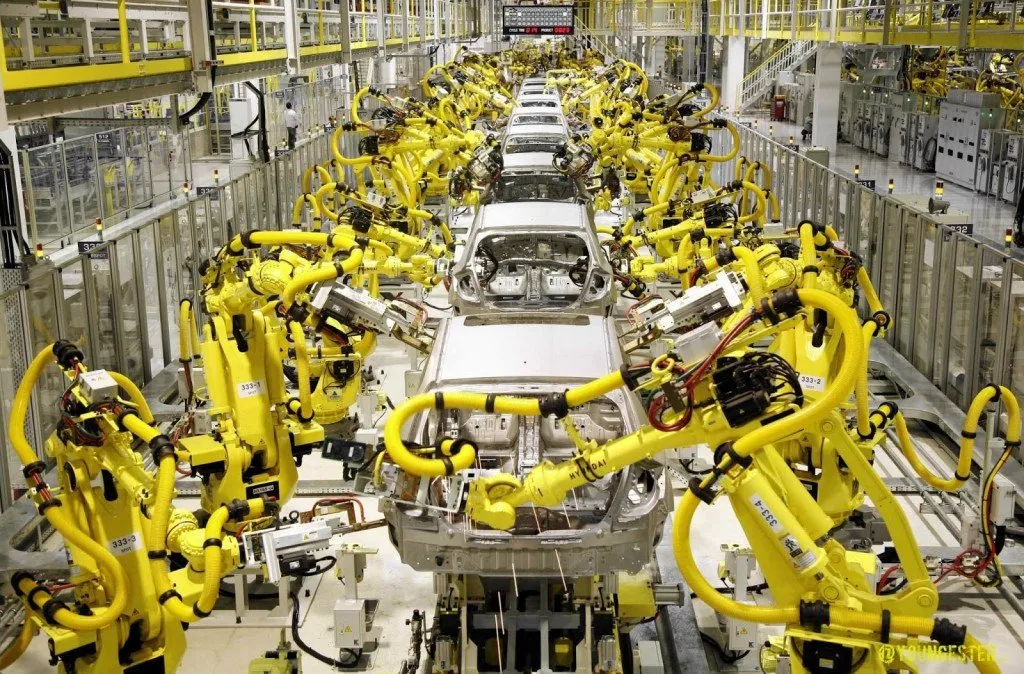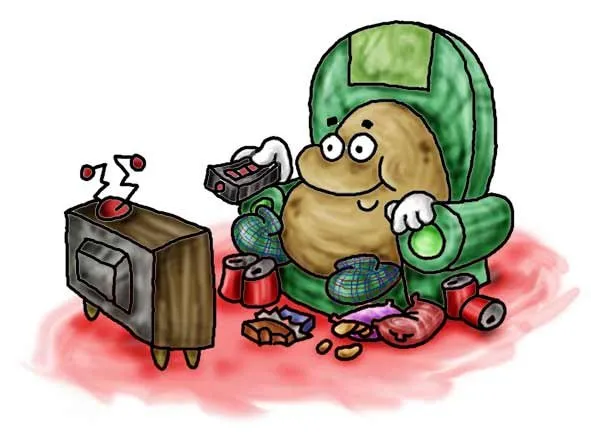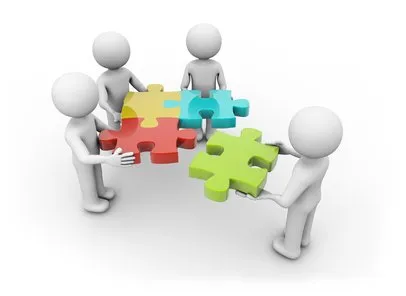
Imagine not working, and just collecting a pay. How does that sound? Is that a prospective future to look forward to?
Many people do this now under our welfare system for various reasons, from being unable to work or unable to find work, or just scamming the system and being a lazy douche thief. Many honest people depend on a safety net, for taking care of themselves, or their disabled children that they can't afford to on their own. Perhaps charity could replace it in a better society, voluntary, not coercive.
As automation displaces more jobs, more of us may come to rely on this welfare system.
The case for Universal Basic Income (UBI) has been gaining popularity in the media, especially thanks to the socialist ideas of Bernie Sanders. This is an unconditional promise to pay people, for doing nothing other that living, in order for them to keep living. They can buy shelter, food, water and clothing. Proponents claim this improves community cohesion and health, while opponents say it promotes laziness and shirking responsibility to work.

Couch Potato
The threat to jobs that automation poses means UBI is of focus to many. Ideas for generating revenue are about taxing enterprises that use the common land of the region/country. Oil revenues, hydro electricity, and other industries that make use of land they don't own because it belongs to the people, would have a percentage return to the people. Alaska has such a program, and returned over $2700 to each citizen last year (2015).
Of course, you earn more if you also work. So it seems even if you work, you get the basic income anyways, as they propose it.
The gloomy prospect of lazy people sapping the system may not be realistic. In one Manitoba, Canada study, the government supplementing people's income who fell below a certain amount, showed a reduced hospitalization and depression rate while the experiment was ongoing. The trial allowed young boys to focus more on school, and mothers on nursing, rather than try to find ways to make money to survive.

Implementing
Next year, in 2017, Norwegians will get an monthly 600 Euro. It's also a trial, so it will last for two years.
The aim is to test whether this promotes more people finding work, or if it does the opposite. They hope it allows people to enter the job market on their terms, rather than the stress and anxiety of being forced into a job to survive. Currently in Finland, people getting government assistance requires monthly paperwork. This UBI way is easier for them.
In areas where BUi is implemented, the municipalities recognize freeloading as an expected aspect. There is always good and bad behavior in policies they implement, they say. They want to analyze how many people this helps get a job, and how many people simply move to the couch.
THe health and well-being aspect is tied to research from Colombia University, studying 1000 children. A strong correlation exists between family income and childhood brain development. It's reasoned that more economic stability at home means more time to spend with the child and help them develop. It's not a causal link though, just an interesting correlation.
A new study on low-income families is being done to support the previous conclusions. Out of 1000 low income mothers, 1100 transactions went to groceries, while only 3 went to alcohol purchases.

Cure-All?
This is a slippery slope of dependence. Next, government can be seen to be "needed" to step in when corporations decide to take advantage, and not pay any benefits, no pensions, no health care. if this is poorly designed, it could not end up changing society much at all, or end up making things worse as well.
Other plans include to not tax the poor but give them the UBI, not tax the middle class, and tax the rich. But performance changes under different taxation methods to steal your money. The more is stolen from you, the more you get pissed about it.
In a study, one group was given money to work and not taxed, while the other had money to start but were taxed. Those who experience loss aversion of losing what they started out with tended to quit their tasks sooner in order to minimize their losses.
This negative tax idea isn't as favorable as the UBI initiative for many.
UBI, automation, and the like, is envisioned to bring about benefits to humanity as a whole. Freeing up time for family, to care for elderly, sick relatives, or pursue creative works, innovate and invent new things, like music, etc.
The question of "what do you do?" may in the future morph into "why do you do?". We won't be obliged to work to survive. We will choose to work, for a reason, purpose, goal and meaning in our lives apart from simply making money.
Voluntary donations trump coercive theft any day, as far as I see it. UBI isn't the direction I want to head towards, but it may be that society will be heading there regardless of what the anarchist or voluntaryists want.
I don't see the UBI as a success in the long term. Whereas automation and opening up new niches for work I do see lasting.
What do you think?
Thank you for your time and attention! I appreciate the knowledge reaching more people. Take care. Peace.
If you appreciate and value the content, please consider:
Upvoting  , Sharing
, Sharing  and Reblogging
and Reblogging  below.
below.
 me for more great content to come! Please also go through my older work to learn about more topics.
me for more great content to come! Please also go through my older work to learn about more topics.
Author: Kris Nelson / @krnel
Contact: steemit.quality@gmail.com
Date: 2016-11-04, 7pm EST